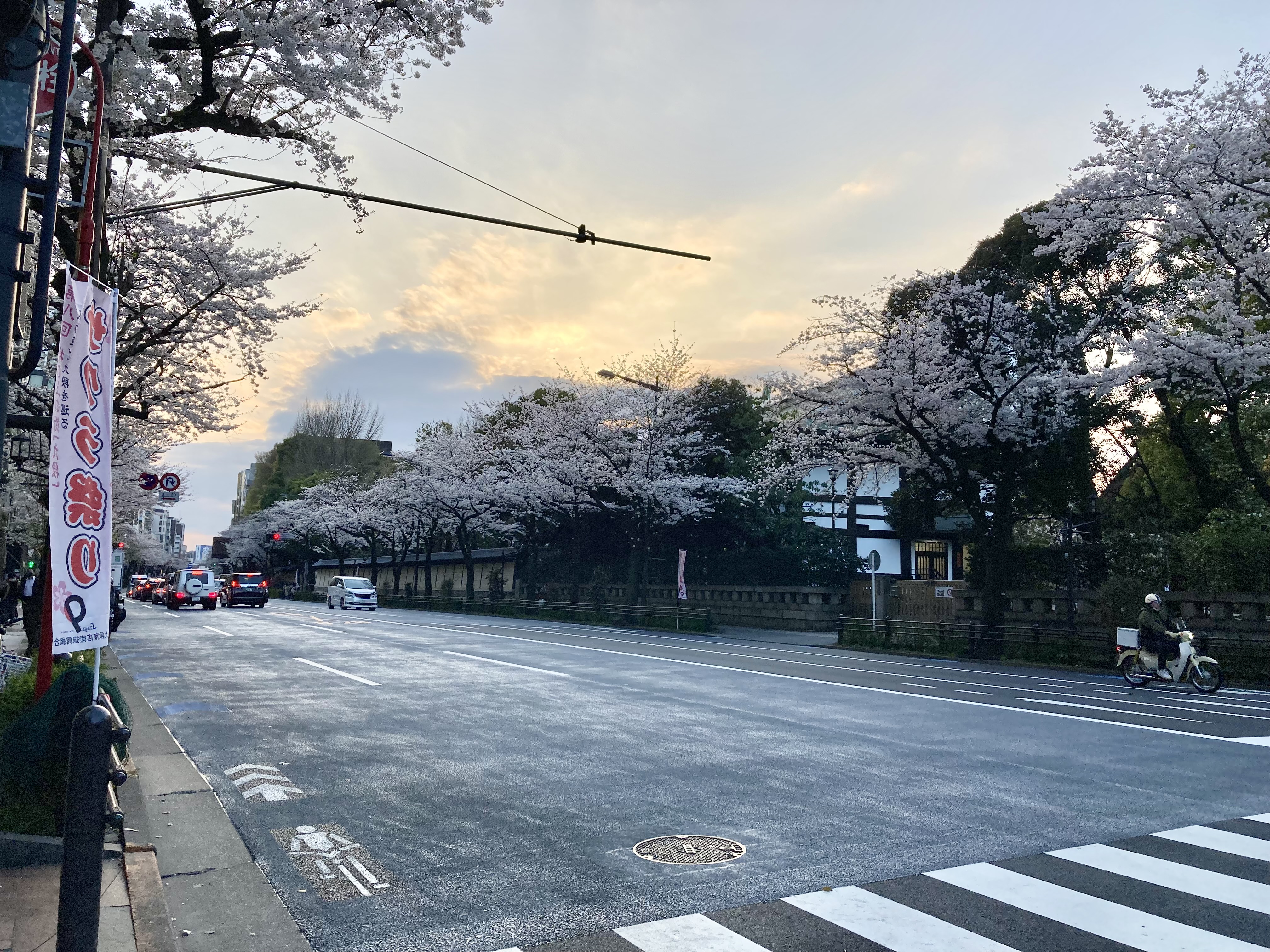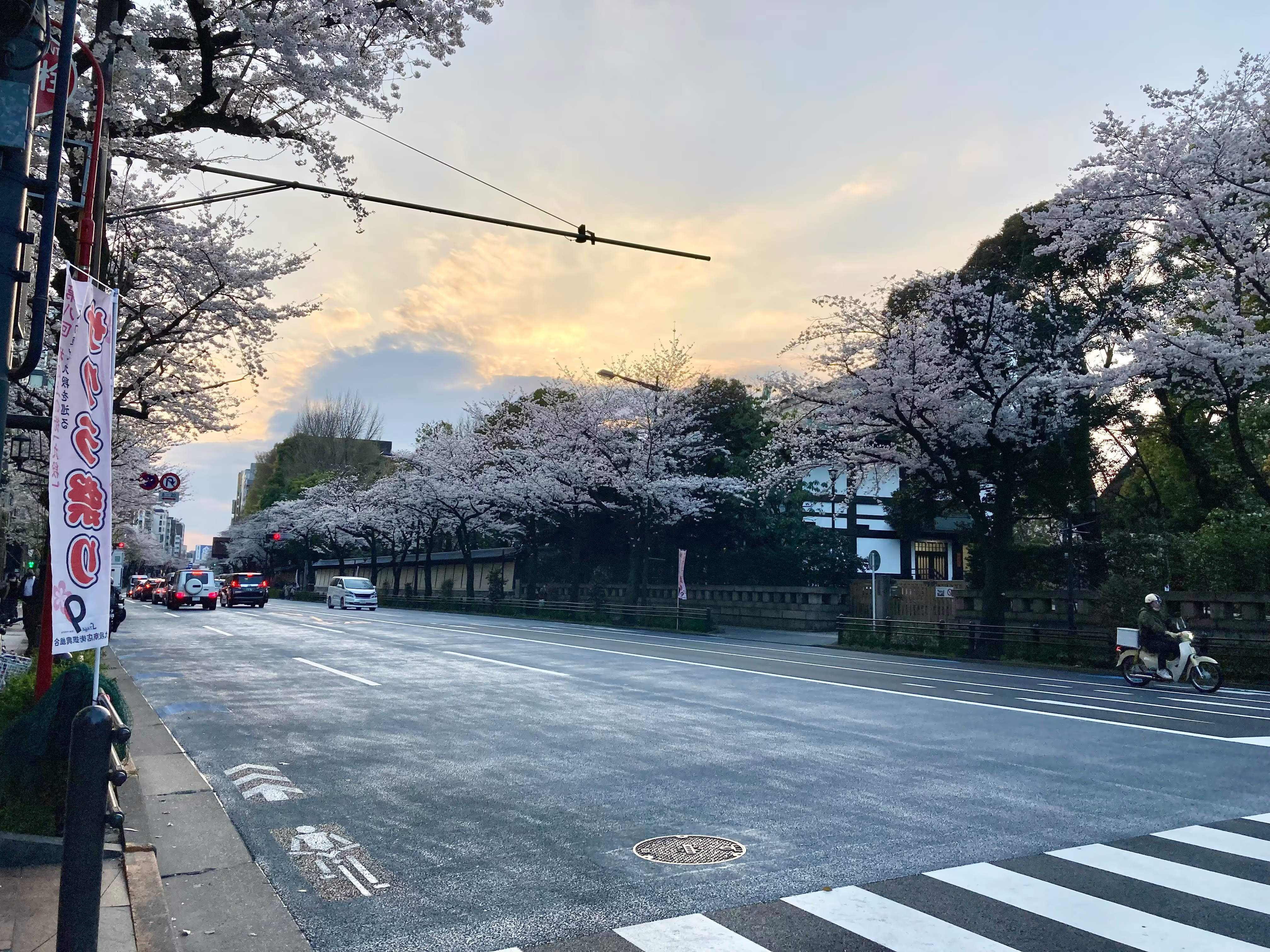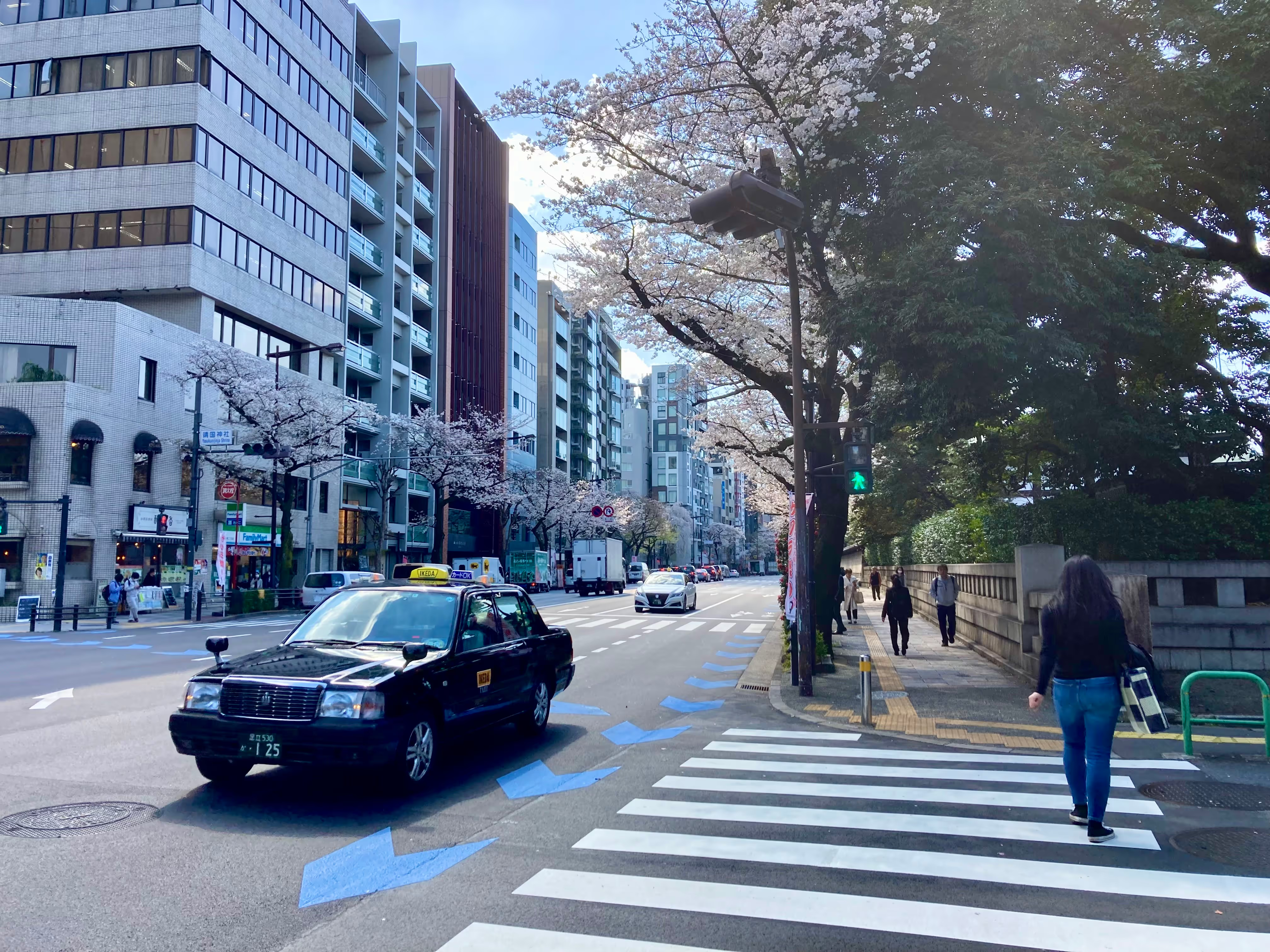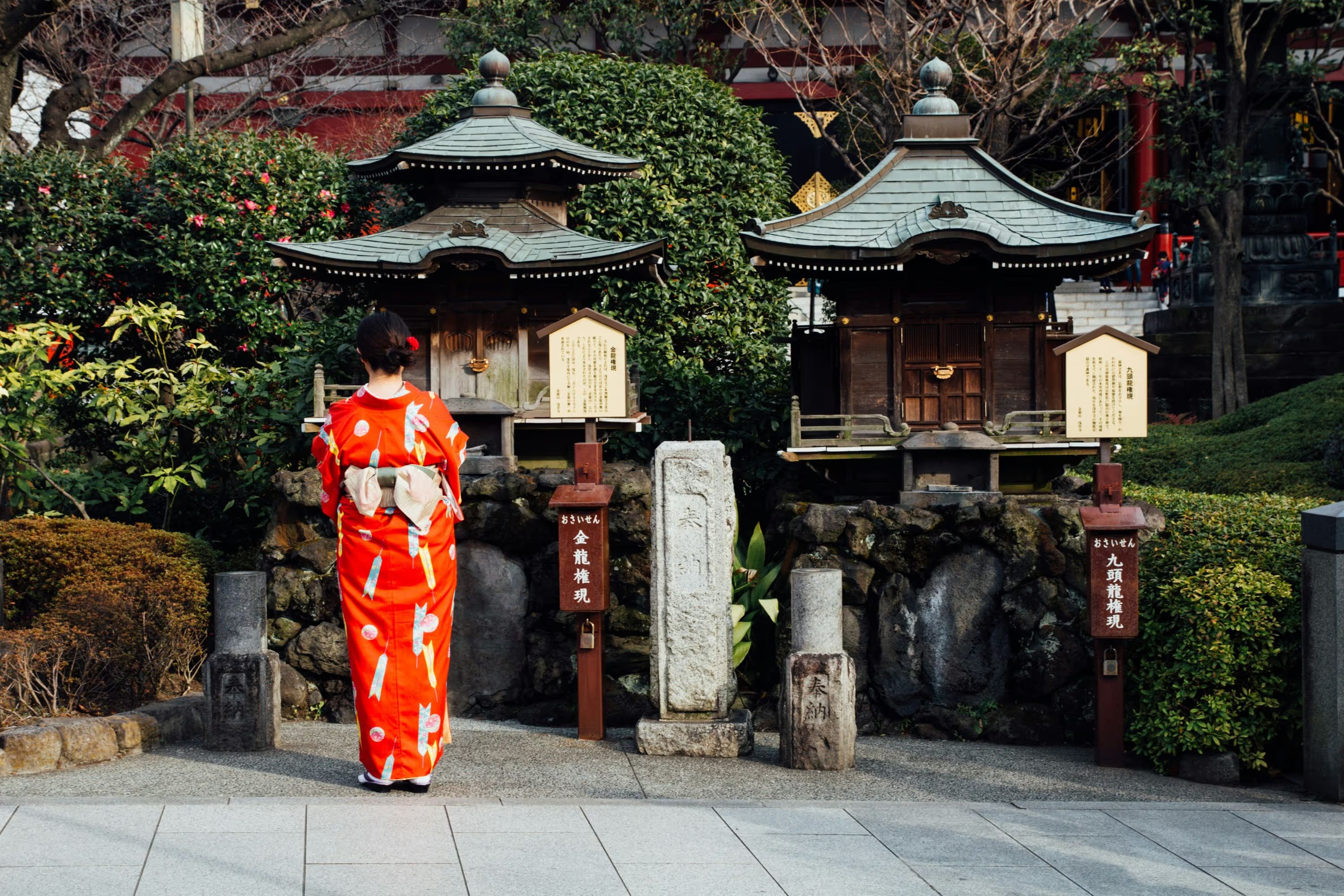The land of the rising sun is often held in high regard in some circles in the Western world, others not so much. Depending on who you ask, one can often get many different descriptions of someone's views on Japan. It is a well-known place for Anime and Anime culture and has many places that cater to these wishes. To many people, Japan is a land of beauty and historical significance. Many temples and shrines dot the landscape and if you know where to look, you can find some real hidden gems all over the country. Japan has so much history dating back to the popular feudal era and the warring states period, to the more recent WWII if you go to places like Nagasaki. Everyone has a different reason to visit Japan and some even decide to stay for longer than just a quick visit. This is what I decided to do without ever having visited the country before. My reason is rather simple: I simply wanted to see what the “real” Japan is like. The image of Japan that is depicted to the rest of the world through media like games and anime is obviously going to be romanticized but the core elements should still be the same. So was it? Kinda…
I have been living in Japan for 5 months at the time of writing so the struggles and difficulties are still relatively fresh. As someone who does not speak a significant level of Japanese, I expected to have many difficulties adjusting to life in a foreign country. Translation apps can get you farther than you think when it comes to everyday needs like finding things at stores and communicating with store clerks. So much so that you don’t really NEED to learn Japanese, especially if you are only staying for a very short length of time. Most people in Japan have to study some level of English at some point in their school lives but the focus is usually only on reading and writing. If you speak slowly enough and use very simple words, even people who say they don’t know English can usually figure out what you’re saying. This is usually only true with younger people however because like every skill, if you don’t use it often, you lose it. Anyone over 40 will most likely not be able to talk with you.
The Glitz and Glamour of Japan can bring in a lot of people from around the world but there are negatives like anywhere else that are not discovered if you only stay for a short time. Japan has an almost obsession with order and keeping track of everything. Any paperwork you do with the government usually takes a long time and you often find yourself needing to go to government offices more than you would in most other countries. The same meticulous nature is also true with the legal system. Most petty crimes won’t have a lot of follow up and police are usually pretty understanding. However, if you do get arrested, the legal system is not kind and you can find yourself in hot water even if you are innocent of the crime. There are not a lot of defense lawyers and most of them are not very successful. There is also a big problem with the work culture in Japan. Respect for your elders and seniors at work is strictly followed to a fault. Most employees are often overworked and usually taken advantage of because they are lower on the hierarchy. A lot of work time is unpaid and employees are still expected to work and this is considered normal in Japan.
Alternatively, because of all of this, there are a lot of good things that come from it. People are very respectful in Japan and even the less desirable thugs and degenerates still treat regular people with respect and apologize if they do something wrong. Most people are usually very sheltered and shy so talking to people on the street is usually seen as very strange. However, if you go to most bars or other social places where they expect to be talked to they are usually very open to talking with strangers. Everything is very clean and most of the roadwork and any construction is done with everyone else in mind, so they will try to cover up any ugly construction with tarps and get it done as fast as possible. Japan is also one of the safest places in the world to the point where most children, even as young as 5 or 6 are able to go to school alone, even in a place as busy as Tokyo.
I still have a lot to learn about Japan during my stay, so I don’t know if I can say that my question has truly been answered yet. I wanted to see how most people go about their daily lives and learn what living in Japan is truly like and I can mostly answer that for myself. There is one other aspect of the people of Japan I still want to learn and that will mostly just take more time to learn. I want to see what the people's morals and values are like here in Japan. In time, I hope to be able to answer that question as well. In time…












